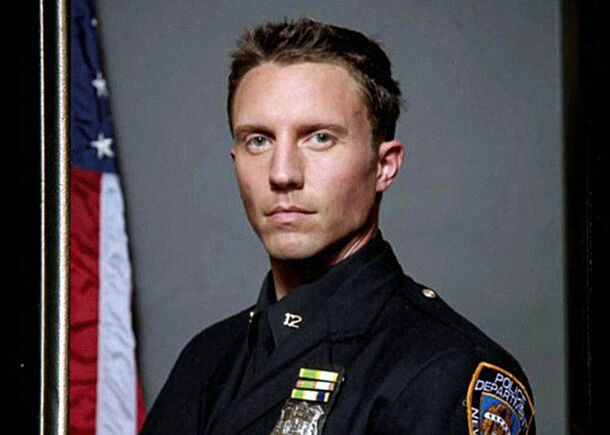In TV shows, some stories are no longer than an episode; others get season-long arcs; and there are some that stretch across the show’s entire duration. But there’s also a different type of story — the one that happens behind the scenes before the start of the series, setting up the tone and context for the entire project as a dark shadow of the past. And Blue Bloods just revisited its haunting shadow.
Joe Reagan’s Death Set Blue Bloods in Motion

Almost 14 years ago, Blue Bloods began with its best storyline ever: the Blue Templar case. The Reagans’ investigation into the overwhelmingly massive organization of corrupt police officers and state officials was kick-started by the Blue Templar’s murder of Joe Reagan, the beloved son and brother of the main characters.
For many seasons — 14, to be exact! — the Joe Reagan case remained strictly black-and-white. Understandably, his family praised their late relative as the brave and selfless soul he was, and hated those who took him away from them. But last week, Blue Bloods did the unthinkable: not only did the show revisit its first case but it also showed that sometimes, it’s not about being strictly good or bad.
Blue Bloods Tackled Familial Pain and Stains

From the first season, let’s quickly time-travel to last week’s Blue Bloods Season 14 Episode 4 titled Past Is Present. This episode is all about the “sins of fathers” as Frank Reagan discovers an unlikely and thought-provoking situation: apparently, the son of his son’s murder has enrolled into the police academy under a fake name.
For the Commissioner, it’s a hard situation to be in. The young man’s lies must be punished, and his father’s reputation takes a heavy toll on Frank’s ability to trust him further. His very existence makes the Commish relive the terrible events of Joe’s death, but ultimately, he finds the strength to make the right choice.
Frank Reagan refuses to punish the young man for his father’s crimes and allows him to continue studying to join the police force. Despite the stain of familial dishonor, the student proves to be a reliable and exemplary officer, and the Commissioner seemingly finds peace regarding his son’s murder as he allows the culprit’s child to forge his own path free of the weight of his father’s crimes.
